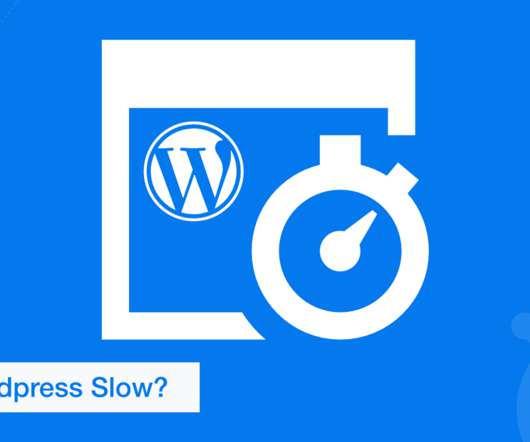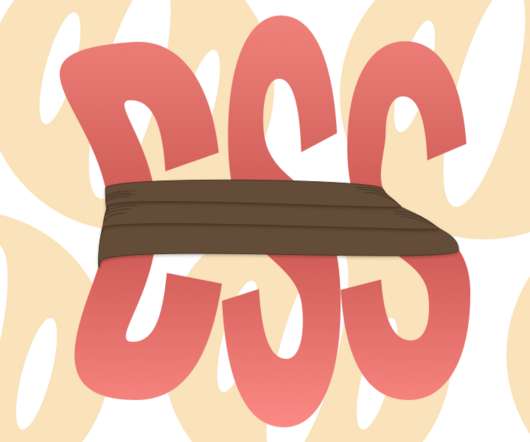Why is Wordpress Slow?
KeyCDN
DECEMBER 8, 2022
Many factors affect the speed of your WordPress website; some of them are: Your web host Server-side optimizations (PHP version, compression, caching, etc.) These factors will be discussed later in the article, but first, let's discuss why your website is not fast enough. This increases your website's load time.













Let's personalize your content